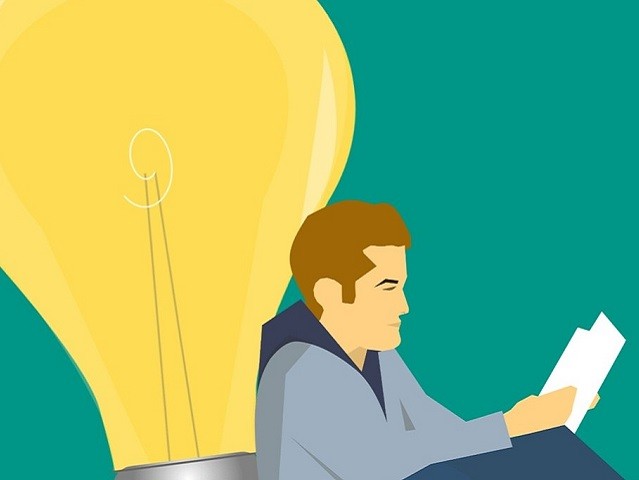Empowering and Engaging European building users for energy efficiency
Economic and population growth are increasing energy demand. Over the last years, the role of Information and Communication Technologies (ICT) has been identified to play an essential role both in lowering the energy intensity and improving the energy efficiency of the EU economy and thereby help combat climate change. Indeed, ICT can play a significant role in enabling the EU to reach its energy and environmental targets agreed in the last EU regulations (Clean Energy for all Europeans, National Energy and Climate Plans, EU Green New Deal among others). The EC itself acknowledges the enabling role the ICT sector can play and is also aware that the sector itself is responsible for carbon emissions which are rapidly growing and should be kept to a minimum. In this framework, energy users and consumers play a crucial role in lowering emissions and improving the energy efficiency of the buildings where we live, work or study. Research shows that improving and widening user engagement, such as involving users in co-designing interventions, has the potential to foster greater acceptance and impact. In this context, Information and Communication Technology (ICT) has a major role to play, through feedback tools, smartphone or web-based apps, interactive dashboards and gamification. However, there are few empirical accounts exploring how user engagement can effectively shape the development of an ICT-based energy efficiency intervention. This paper presents findings from the eTEACHER project, which aims to empower building energy end-users to reduce energy consumption through a set of related ICT-based interventions. These interventions, including a web-based app and building-specific ‘what-if’ analysis have been developed by drawing upon feedback from pilot users in 12 buildings, including both residential and non-domestic, across three EU countries. A structured evidence-based approach to user engagement was followed, which included site visits, a series of building user workshops and a questionnaire. The paper reflects on the challenges and benefits of empowering and engaging building users across a wide range of building types, residential, offices, schools and health care centres using a single app. The authors' findings show common challenges across building types in tackling existing inefficient energy behaviours. However, significant hurdles were encountered in implementing the ICT-based interventions, which are building specific. Based upon this, recommendations on how engagement processes can support the development of ICT-based interventions are put forward. The paper is in open access, please download it here. Authors of the paper: A.Morton A.Reeves - Institute of Energy and Sustainable Development, De Montfort University, The Gateway, Leicester LE1 9BH, UK R.Bull - School of Architecture Design and the Built Environment, Nottingham Trent University, 50 Shakespeare Street, Nottingham NG1 4FQ, UK S.Preston - Nottingham City Council, Humber Building, London Road, Nottingham NG2 3AH, UK
Keywords
ICT, energy consumption, climate change, energy efficiency



